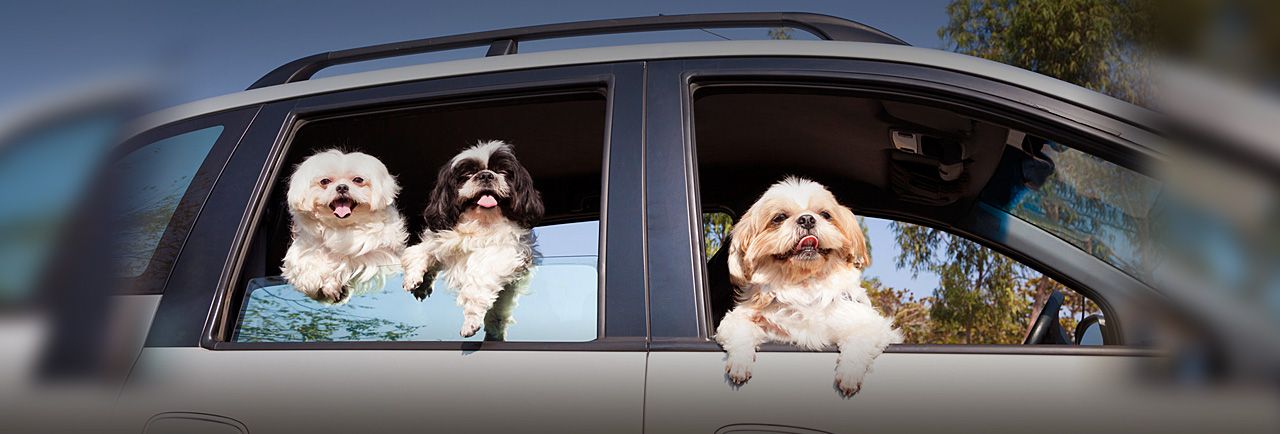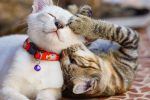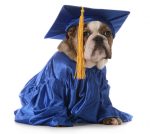By now many of us have watched or read about the shiba inu web cam on ustream.com where you can watch a litter of puppies grow up before they are adopted out. You have probably also seen a shiba inu in your neighborhood and have wondered what kind of disposition they have and if they are “easy” dogs. Well, shibas are not for everyone and have some very distinct personality traits that make them unique and sometimes tough.
History
Shiba inus are a Japanese breed and inu means “dog” and shiba means “brushwood.” Shibas were hunting dogs and often are red or rust in color, similar to the shrub and tree that turns red in the fall. It is also believed that shiba may translate to mean “small.” This is why shiba inu is often translated as “little brushwood dog.”
Shiba inus are an old breed, dating back to 3 B.C. and nearly faced extinction during World War II due to distemper and numerous bombing raids. There were three bloodlines that survived and combined to create the shiba, as we know it today. In 1992 the AKC recognized the breed and in 1993 they were added to the non-sporting group.
What are they like?
Shibas are not your typical dog. They won’t often run up to a stranger and lick their face, jump up, or even be excited to meet someone new. They are bold, independent, and strong-willed or stubborn, and reserved. They are extremely loyal to their owner and affectionate to those who “earn” their respect. Because of these traits, the shiba is often referred to as a “cat in dog’s clothing.”
They’re not for the first time dog owner. These cute fox-like fur balls can be a handful. They can be demanding, possessive, and if given chance, they will “train” you to cater to them. They also usually have high prey drives and will chase squirrels, birds, and cats. Shibas usually cannot be trusted off-leash outside because they may see something and need to chase it.

Shibas can be vocal and make a range of noises that aren’t always barks or howls, more like yodels often called the “shiba scream.” It’s something between a blood curdling scream and a dog howl and immediately gets your attention.
It’s recommended that anyone who owns a shiba should socialize them, work with them to reinforce positive behaviors, and create boundaries and limitations so the dog doesn’t take over. A potential owner needs to be prepared and committed to the challenges and trials that a shiba may put them through.
You’re probably thinking: “If the dog is that tough, why would anyone want one?”
The answer is simple: They are loyal, loving, intelligent, and playful. They can be trained to know a number of commands and are often very bonded and in tune with their owners. Shibas are comical and can be really entertaining when they play and run around. They are also affectionate with those they trust and consider to be “their pack members.” Granted you can find another breed or several breeds that are also loyal, intelligent, and playful, the shiba inu is different. They must “accept” you and “check you out” before they make friends. This can take a few minutes to several visits and often involves the shiba watching you, studying you, and judging you. It can be a humbling experience. If you’re lucky and “pass” then you’re golden and you are a friend for life.
There is something special about this breed in how they process the world around them and to be able to be part of that and watch them learn, explore, and study things is truly amazing. If you’re interested in learning more about the breed and its characteristics The National Shiba Club of America has great information about the breed, how to find a breeder, and links to several other organizations dedicated to the breed.


 PetsWelcome
PetsWelcome



Facebook Comments